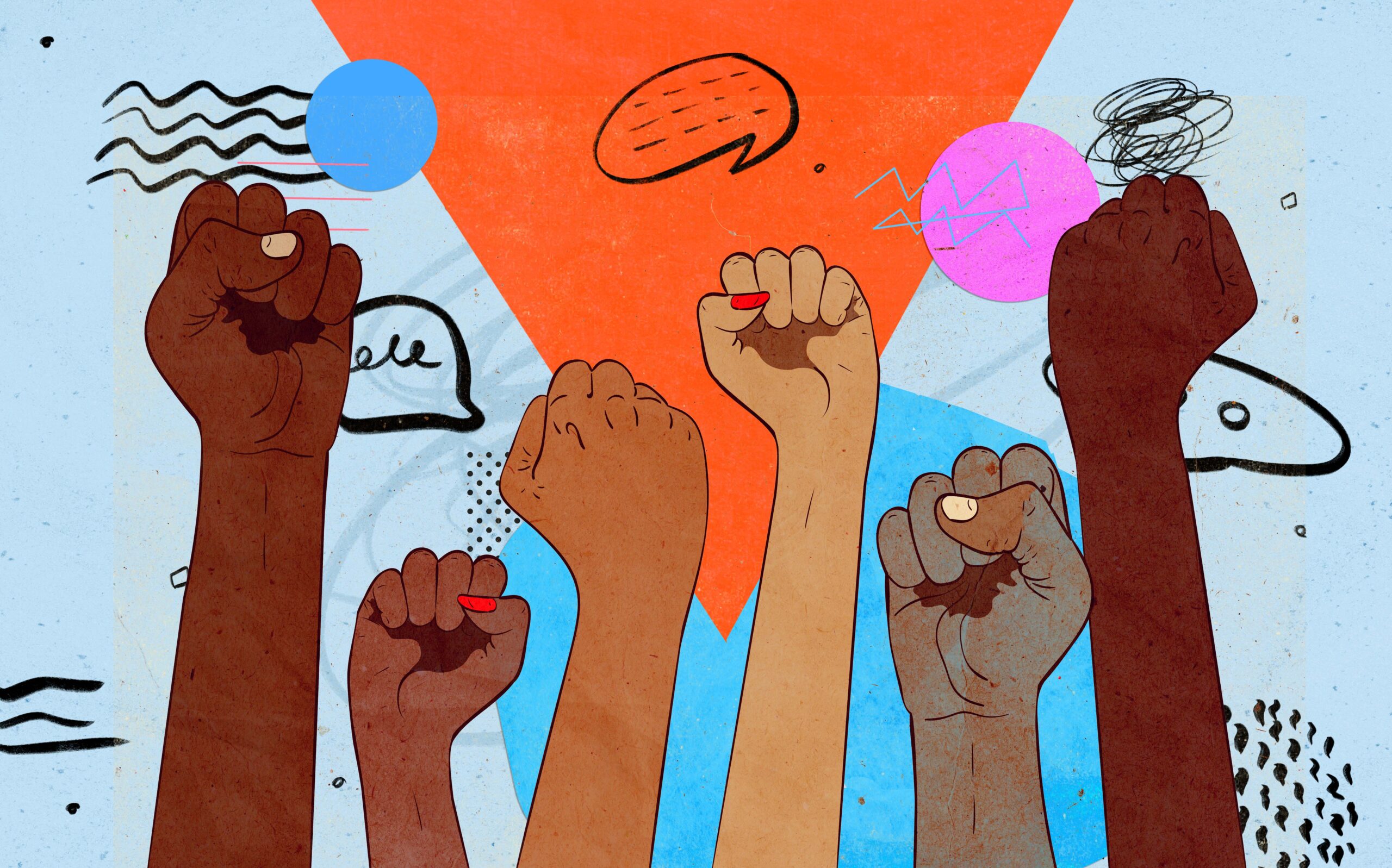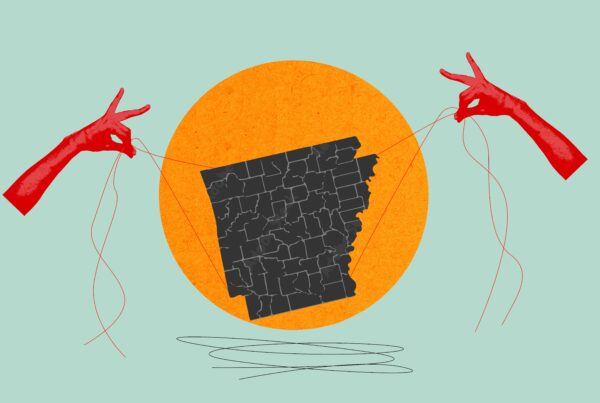Unions have been having a big moment in the national news. Between the high-profile actors, writers, and auto workers strikes, and the wave of strikes in corporations like Starbucks and Amazon, we’ve heard a lot about unions and what they can do for everyday workers. Arkansas, interestingly, has a surprisingly robust history with unions that we’re going to dive into in future posts.
Today, we’re going to clear up some common misinformation about unions.
What is a Union?
In many ways, unions are Arkansan, through and through. Their guiding principles empower workers to have the pay, benefits, and job flexibility to make their own way in the world, free of government interference or economic anxiety.
People’s distaste for unions often comes from a simple lack of knowledge about just what a union is. At their core, unions are just groups of workers who have banded together to advocate for better working conditions and pay. Some are organized into “locals”, some are nationalized, and others are store- or location-based, depending on the type of work and state laws. They elect members to negotiate with management on behalf of the union.
People mistake this organizational structure for some form of socialism or a power-grab by the union, but most unions are actually extremely democratic and focused on economic growth and protections for their members. Unions want their members to work; they just want them to have fair and safe conditions as they labor.
What do Unions Do?
This is where unions get a bad rap. The most powerful tool in a union’s arsenal is in the name: the union of workers working together to ensure fair pay and safe workplaces for each other. They often use that tool by striking, or refusing to work, when they feel that the contract between them and their employer is unfair, and that’s where a lot of people have a bad taste in their mouth.
One common misconception is that unions will only stop striking if all their demands are met, which isn’t true at all. Unions strike to force management to negotiate in good faith. We only have to look to the statements that SAG-AFTRA has made recently as they return to the negotiating table.
Unions don’t automatically assume they’ll get everything they ask for, just that the contract is fair to the workers and business both. They’ll do everything they can to avoid striking because if union members aren’t working, they aren’t getting paid, either. When businesses and owners refuse to meet union demands, everyone loses, including the owners.
Unions aren’t perfect, and they’ve certainly had their fair share of fraud and racism and greed, just like every organization. On the whole, though, unions have been a huge boon for the working and middle classes over the last 70 years.
Not in a Union? Thank Them Anyway
Union organizing gained weekends, paid time off, better workplace safety laws, and other things we now take for granted. When workers organize, everyone benefits. The economic booms of the 1940s-1960s are largely credited to union organizing. Nobel Prize-winning economist Joseph Stiglitz credits unions with reducing income inequality and increasing quality of life for working class and middle class folks.
Unions in Arkansas Today
Unfortunately, a series of Supreme Court decisions since the Reagan Era and the growth of multinational corporations like Amazon have shattered union power. Some unions still hold a lot of power, like police unions, but unions representing a wider range of workers have seen their power and membership limited.
In Arkansas, a series of laws passed since 2014, when the Republicans won a supermajority and all branches of the state government, have drastically limited unions’ organizing capabilities.
But they’re still here in the Natural State, fighting for your rights as a worker. More on that in Part 2.





